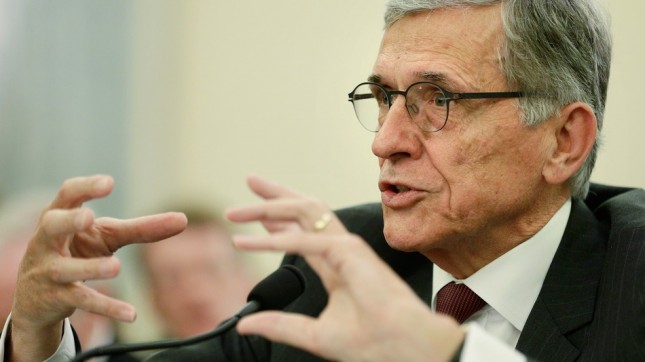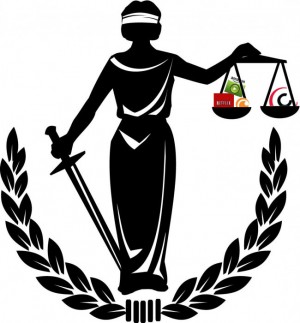The Declining State of Net Neutrality
A recent federal ruling is stressing the fabric of net neutrality, the concept that governments and corporations should not interfere with the public’s consumption of the internet. Last proposal will allow ISPs to provide faster more reliable service to sponsored content. Under the new policy, subscribers would be required to be provided what the FCC calls “a baseline level of service”, while leaving the option for providers to pursue their own dealings with individual sites and services. While, what exactly falls within the boundaries of this basic service is still getting worked out in the courts, open internet activists are chomping at the bit to stop the vote on the proposal (which is scheduled for May 15th).

In a likely first stage of the fallout, internet consumers would have a higher/lower rate of access for specific websites. In a purely hypothetical possibility of a later stages, end users could find themselves completely without access to certain web services. Imagine a dystopian future internet, where only Comcast subscribers can view HD content on Netflix, despite AT&T subscribers paying the same monthly fee for the subscription. Similar differences between ISPs are already in place. It’d be an equally terrible position for the consumer as well as Netfix; the world’s most popular streaming video service could find itself unable to foot the required bill to provide snappy service through all venues. Diving into a downward spiral of raising prices, losing customers, and possibly even cutting it’s service entirely from the less justifiable providers.
Again, wild speculation, but absolutely a possibility for every site and service provider on the net today. And what of newer upstart services in the future? If the 24 million active Spotify users today had tried to use the service under the iron thumb of a capitalist internet government, only to find that while being able to stream music for free, suffered from constant buffering, stuttering, and latency… would anyone bother to continue using it? Without the funds to pay a substantial fee beyond already demanding hosting costs (due to the blocks on private hosting from major ISPs), such a service might never have become what it is today.
Some of these scenarios might begin to sound to bad to be true, but it wouldn’t be the first time our internet overlords have flexed their long arms at the prospect of removing something that didn’t agree with them. AT&T has already integrated selective service for sponsored sites into their mobile data plans. Comcast has throttled BitTorrent’s video streaming service, despite being a completely legitimate offering which operated inside legal boundaries. Verizon and AT&T have cut Google Wallet services through their phones since users would then be less inclined to use their own digital purchase services. In the most extreme comparison, communist nation North Korea only allows the country’s citizens to view content on the government run intranet.
The net is emerging from it’s wild west glory, and the govenment and corporations are taking note. The following years will determine if the internet maintains it’s autonomy or is crippled by capitalism. For those of us within the states, we have the right (responsibility, even) to contact our state elected officials on the matter. CommonCause.org offers information for finding your state elected officials and their contact information here.

